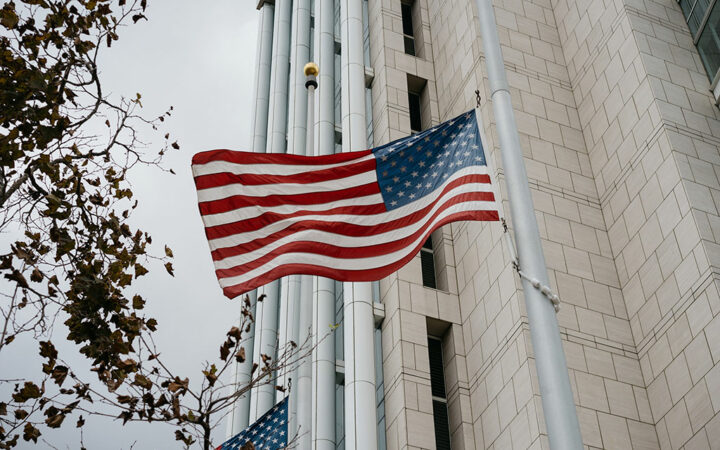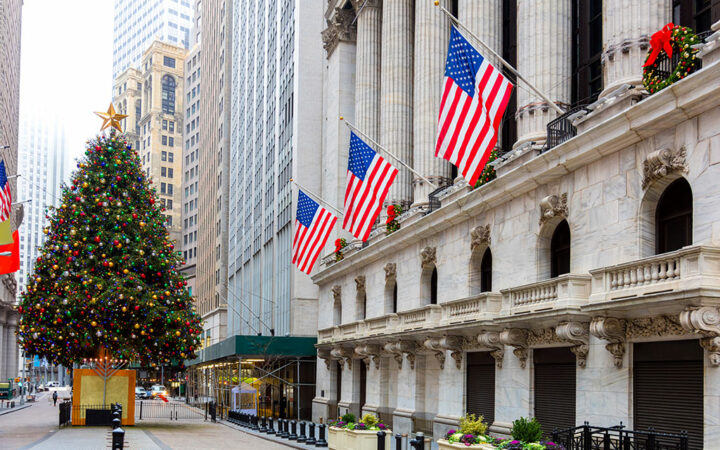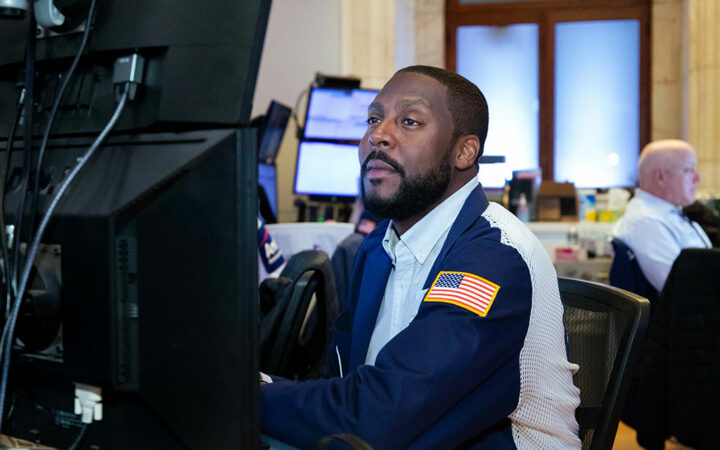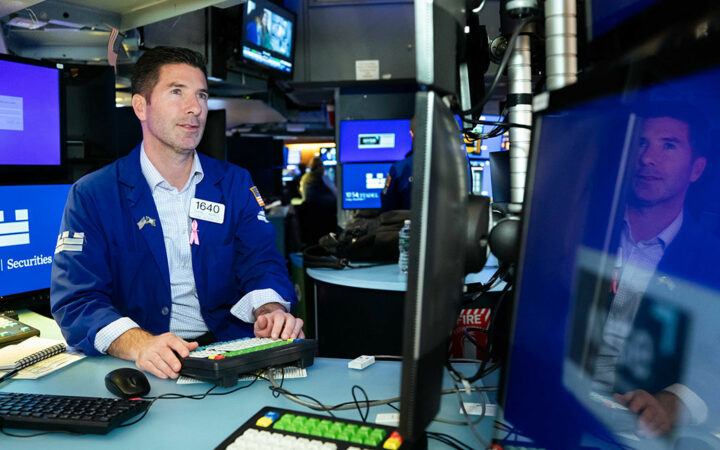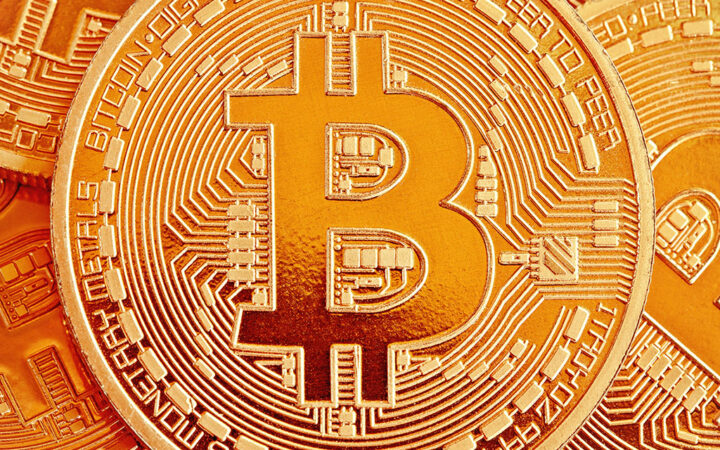
Forex Currency Trading Simplified
The forex currency market is the world’s largest financial market, and it trades over $5.1 trillion daily. With a decentralized trading system, it has large centers in the world’s major cities including Tokyo, London, and New York.
The major players in the market include multinationals, central banks, hedge funds, and banks. Thanks to the advent of the internet, individual small-scale investors, now have a chance to partake of this massive investment opportunity.
The Workings of the Forex Currency Trading
A transaction in the forex market involves the sale of a currency and purchase of another. These two currencies are known as a pair. There are currency pairs that are more popular than others, depending on their value when compared to other world currencies.
The primary goal of trading in forex is that the currency you have purchased will increase in value against the one sold. The currency you have bought is known as the base currency. It forms the backbone of your currency exchange investment. This speculation just like in stocks and other financial investments is key to forex currency trading.
Proper insight into various currency exchange rates is therefore critical. An exchange rate is the ratio of a currency when valued against another. A currency’s exchange rate gives excellent insight into a country’s economic health.
Factors that Determine a Currency’s Exchange Rate
- Inflation. If a country has lower inflation values than another, its currency’s value will appreciate. Low inflation values will increase the currency’s purchasing power. If the inflation levels remain consistently low, the currency’s value will stay bullish. On the other hand, high inflation rates will lead to a depreciation of a currency’s value when compared to other trading partners.
- Interest rates. High inflation will lead to high-interest rates affecting a currency’s exchange rate and value as well. A high-interest rate will attract more foreign investment capital. This may cause a currency’s value to appreciate since lenders have more to gain with rising exchange rates. Low-interest rates will decrease the currency’s exchange rates.
- Public debt. Massive public debt will attract less foreign investors to a country. These debts cause inflation, forcing governments to pay off the debt cheaply in the future. Sometimes other governments may print more currency to pay off a debt increasing inflation rates. Huge government debts, therefore, will lead to the decline of the exchange rate of a currency.
- Political stability. A country with a stable political and civil environment will attract more foreign investments than one without. Political turmoil often leads to low currency exchange rates, since it drives off potential investments.
- Terms of trade. A country with increasing export trades than imports has strong terms of trade. Increasing terms of trade points to a demand for a country’s exports, increasing revenues and enhancing the currency values.
Conclusion
Understanding how currency values and its exchange rates work increases your chances of having better rates of return in forex currency trading. Stay up to date with these values to help you avoid potential pitfalls in currency trading that could lead to the loss of your trading capital.
Disclaimer: This publication is sponsored. Coinspeaker does not endorse or assume responsibility for the content, accuracy, quality, advertising, products, or other materials on this web page. Readers are advised to conduct their own research before engaging with any company mentioned. Please note that the featured information is not intended as, and shall not be understood or construed as legal, tax, investment, financial, or other advice. Nothing contained on this web page constitutes a solicitation, recommendation, endorsement, or offer by Coinspeaker or any third party service provider to buy or sell any cryptoassets or other financial instruments. Crypto assets are a high-risk investment. You should consider whether you understand the possibility of losing money due to leverage. None of the material should be considered as investment advice. Coinspeaker shall not be held liable, directly or indirectly, for any damages or losses arising from the use or reliance on any content, goods, or services featured on this web page.

